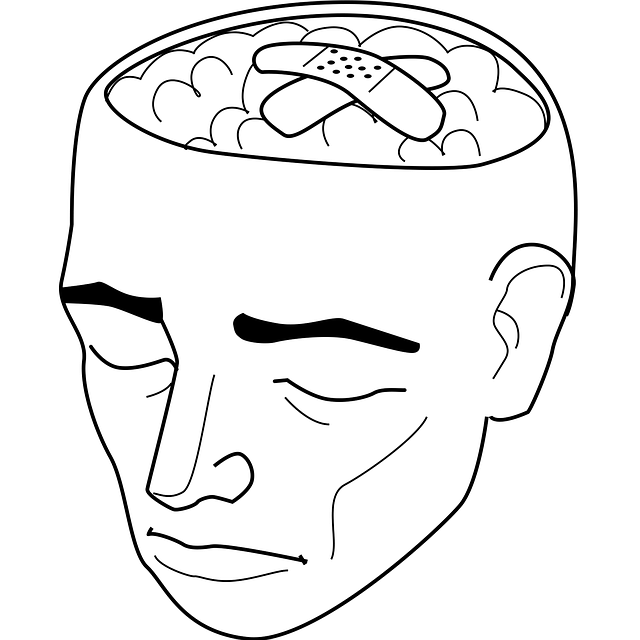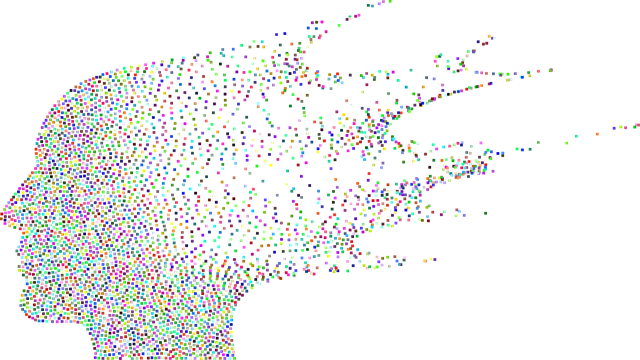Arvada Blended Families Therapy (ABFT) offers a unique, comprehensive mental wellness program for blended families through a blend of traditional therapy and digital tools. Evaluating ABFT involves structured interviews, surveys, and observational techniques to gather both quantitative and qualitative data, aiding in understanding program success and areas needing improvement. Key effectiveness metrics include participant feedback and pre-post assessments tracking mental health symptom changes. ABFT emphasizes continuous improvement by analyzing survey data, therapy outcomes, and stakeholder feedback, ensuring the program stays relevant and effective for promoting emotional well-being within the community.
Mental wellness programs are evolving, and innovative approaches like Arvada Blended Families Therapy offer promising paths to improved mental health. This article delves into effective evaluation methods for such programs. We explore unique therapy models, from assessment techniques to metrics of success. Understanding how programs like Arvada’s can be measured and continuously improved is crucial for maximizing their impact. By examining feedback loops and data analysis, we uncover strategies to enhance mental wellness initiatives.
- Understanding Arvada Blended Families Therapy: A Unique Approach
- Assessment Techniques for Mental Wellness Programs
- Measuring Program Effectiveness: Evaluation Metrics
- Continuous Improvement: Feedback Loops and Data Analysis
Understanding Arvada Blended Families Therapy: A Unique Approach

Arvada Blended Families Therapy (ABFT) stands out as a unique and innovative approach to mental wellness, particularly tailored for families navigating complex dynamics. This therapeutic method blends traditional family therapy with modern digital tools, creating a flexible and accessible platform for support. ABFT recognizes that modern families often consist of blended or step-parents, biological children, and sometimes previous partners, each bringing their own experiences and challenges.
By combining in-person sessions with online platforms, ABFT offers a comprehensive solution to address the diverse needs of these families. This approach facilitates open communication, encourages empathy building strategies, and provides effective burnout prevention techniques for healthcare providers involved. The digital aspect allows for convenient scheduling, enabling families to access therapy regardless of their geographical location while also fostering stress management skills essential for navigating modern family structures.
Assessment Techniques for Mental Wellness Programs

Evaluating mental wellness programs involves a multifaceted approach, especially when addressing diverse populations like Arvada’s blended families. Assessment techniques play a crucial role in understanding the program’s impact and identifying areas for improvement. One effective method is utilizing structured interviews and surveys to gather quantitative and qualitative data from participants. These tools allow for in-depth exploration of individual experiences, perceptions of therapy effectiveness, and any challenges faced during treatment. For instance, a survey could include questions on burnout prevention strategies, their perceived impact on family dynamics, and overall satisfaction with the Community Outreach Program Implementation.
Additionally, observational techniques offer valuable insights into the program’s practical application and group interactions. Therapists can document session progress, note non-verbal cues from participants, and assess the overall atmosphere to gauge empathy building strategies in action. This qualitative approach complements quantitative data from surveys, providing a holistic view of the program’s success and potential areas for refinement, particularly in addressing unique challenges faced by blended families seeking mental wellness support.
Measuring Program Effectiveness: Evaluation Metrics

Measuring program effectiveness is a crucial aspect of evaluating the success and impact of mental wellness initiatives, such as those offered by Arvada Blended Families Therapy. Evaluation metrics play a vital role in understanding whether interventions are achieving their intended outcomes. One key metric is participant feedback, which can be gathered through surveys or interviews to assess satisfaction and perceived benefits. This qualitative data provides insights into individual experiences, allowing therapists to refine programs based on client needs.
Additionally, quantitative measures like pre-post assessments can track changes in mental health symptoms over time. For instance, evaluating anxiety, depression, or stress levels using standardized tools before and after the program helps demonstrate its effectiveness. The integration of Mindfulness Meditation and Self-Care Practices within the therapy framework may significantly contribute to these positive outcomes. Encouraging clients to develop a consistent Self-Care Routine Development for Better Mental Health can be a powerful metric, as it promotes long-term wellness and fosters resilience among participants.
Continuous Improvement: Feedback Loops and Data Analysis

At Arvada Blended Families Therapy, we recognize that continuous improvement is vital to effectively addressing mental wellness. Feedback loops are a key component of this process, allowing us to gauge the impact and effectiveness of our programs. By collecting and analyzing data from various sources—including participant surveys, therapy outcomes measurements, and stakeholder feedback—we can identify areas for enhancement and adapt our strategies accordingly. This iterative approach ensures that our services remain aligned with the evolving needs of the community, particularly in promoting emotional well-being and developing coping skills among participants.
Moreover, integrating data analysis into our evaluation methods enables us to pinpoint successful components and best practices within our programs. These insights can then be leveraged for refining existing interventions and designing new ones, fostering a dynamic environment where continuous learning and improvement guide the development of effective Emotional Well-being Promotion Techniques and Public Awareness Campaigns.
Arvada Blended Families Therapy offers a unique approach to mental wellness programs, combining innovative assessment techniques with robust evaluation metrics. By continuously analyzing feedback loops and leveraging data insights, this model ensures tailored interventions that deliver measurable results. Incorporating methods like those discussed in this article—from comprehensive assessments to ongoing evaluations—can revolutionize mental health support, making it more accessible, effective, and adaptable to the diverse needs of individuals and families.














